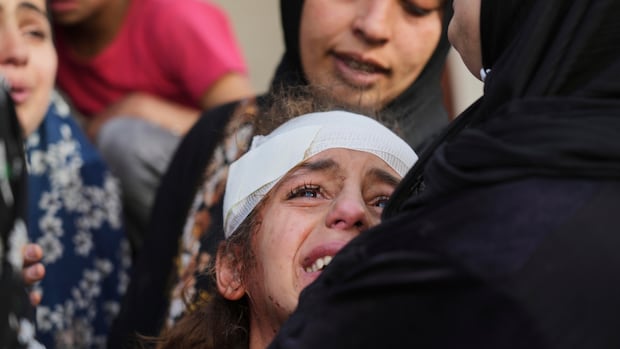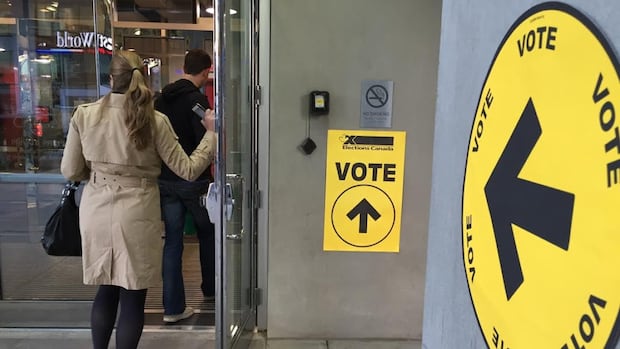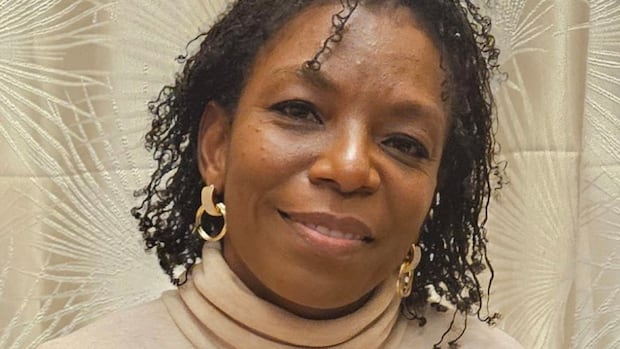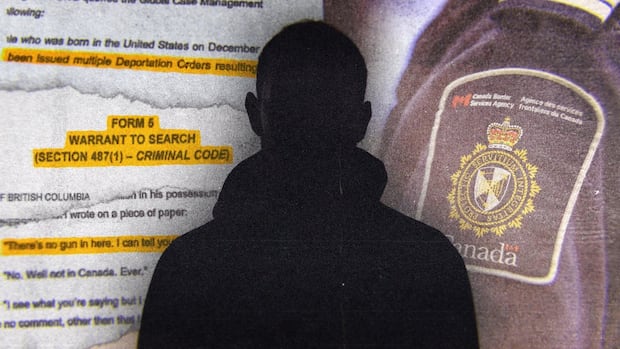Israel announced a major expansion of military operations in Gaza on Wednesday, saying large areas of the enclave would be seized and added to its security zones, accompanied by large-scale evacuation of the population.
In a statement, Defence Minister Israel Katz said evacuations would take place from areas where there was fighting, while urging Gazans to eliminate Hamas and return Israeli hostages as the only way to end the war.
He said the operation would clear out militants and infrastructure "and seize large areas that will be added to the security zones of the State of Israel."
Basem Naim, a senior Hamas official, told Reuters Israeli hostages would only be released through negotiations, not via military pressure.
The Israeli military had already issued evacuation warnings to Gazans living around the southern city of Rafah and toward the city of Khan Younis, telling them to move to the Al-Mawasi area on the shore, previously designated a humanitarian zone.
Gaza's Health Ministry said at least 60 people were killed in Israeli strikes on Wednesday, with 19 people including children killed in a strike at a UN clinic being used to house displaced people.
Juliette Touma, a spokesperson for the UN Palestinian relief agency UNRWA, said the site was sheltering about 735 people from 160 families staying there.
Despite UNRWA staff warning of the dangers of the facility after the Wednesday's attack, many displaced families haven't left the site, "simply because they have absolutely nowhere else to go," Touma said.
Israel's military said it had struck a building previously used as a clinic that it said was serving as a Hamas command and control centre to plan attacks, but it did not provide any evidence. The military added that it had used surveillance to mitigate the risk to civilians. Hamas denied using the building and called the Israeli accusation a "blatant fabrication."
Women, 3-month-old among latest killed in strikesReuters video of the aftermath of the strike showed blood on a floor as rescue workers removed bodies on stretchers.
At the site of a strike in Khan Younis, Hanan Fares, 40, wept as she looked at the remnants of the building that collapsed and killed her brother, sister-in-law and nephew.
"He's gone. My brother, he's gone," Fares said. "My brother has nothing to do with anything. He was an employee with the Bank of Palestine."
Rida al-Jabbour held up a tiny shoe and pointed at a blood-spattered wall as she related how a neighbour had been killed along with her three-month-old baby.
"From the moment the strike occurred, we have not been able to sit or sleep or anything," she said, describing how rescue workers were unable to separate the remains of those killed.
Reham Abu Qaoud, 28, said 10 members of her family were killed in the strike, including a cousin who was two months pregnant.
"All of a sudden, they're gone. What did they do? They are all civilians," Qaoud told CBC News freelance videographer Mohamed El Saife as she sat next to their bodies wrapped in white shroud.
"There isn't anyone better than them in this world. There is nobody with a bigger heart than them in the world."
Israeli plans to facilitate voluntary departureKatz's statement did not make clear how much land Israel intended to seize or whether the move represented a permanent annexation of territory, which would add further pressure on a population already living in one of the most crowded areas in the world.
According to the Israeli rights group Gisha, Israel has already taken control of some 62 square kilometres or around 17 per cent of the total area of Gaza, as part of a buffer zone around the edges of the enclave.
At the same time, Israeli leaders have said they plan to facilitate voluntary departure of Palestinians from the enclave, after U.S. President Donald Trump called for it to be permanently evacuated and redeveloped as a coastal resort under U.S. control.
Katz's remarks came after Israeli Prime Minister Benjamin Netanyahu repeated calls for Hamas to disarm and said the application of military pressure was the best way to get back the remaining 59 hostages.
"It seems like Netanyahu will not stop his war on Gaza until we are displaced. But despite the extermination happening to us and the extreme anguish — as a citizen I was displaced eight times — with God's will we will remain steadfast," said Amer al-Farra, a Palestinian in Gaza.
WATCH | Continued Israeli attacks lead some aid agencies to reduce their footprint: Israeli airstrikes in Gaza damaged Nasser Hospital and killed at least 65 people in a 24-hour period, Palestinian health authorities said. The continued attacks have led some aid agencies to reduce their footprint in the region.Israeli leaders have been encouraged by signs of protest in Gaza against Hamas, the militant group which has controlled the enclave since 2007, and the expanded operation appeared at least partly aimed at increasing civilian pressure on its leaders.
"I call on the residents of Gaza to act now to eliminate Hamas and return all the kidnapped," Katz said in his statement. "This is the only way to end the war."
War expandsIsrael resumed airstrikes on Gaza last month and sent ground troops back in, after two months of relative calm following the conclusion of a U.S.-backed truce to allow the exchange of hostages held by Hamas for Palestinian prisoners in Israeli jails.
Hundreds of Palestinians have been killed since the resumption of the strikes and Israel has also cut off aid to the enclave, saying much of it was taken by Hamas.
Efforts led by Qatari and Egyptian mediators to get talks aimed at ending the war back on track have so far failed to make progress and the military's return to Gaza has fuelled protests in Israel by families and supporters of some of the hostages.
As the operation in Gaza has escalated, Israel has also hit targets in southern Lebanon and Syria, with a strike on a Hezbollah commander in the southern suburbs of Beirut on Tuesday that further strained fraying ceasefire agreements that largely halted fighting in January.
Israel invaded Gaza following the devastating attack on southern Israel by thousands of Hamas-led gunmen that killed 1,200 people according to Israeli tallies, and saw 251 taken as hostages.
The Israeli campaign has killed more than 50,000 Palestinians, according to Palestinian health officials, and ravaged the Gaza Strip, forcing almost the entire population of 2.3 million from their homes.













